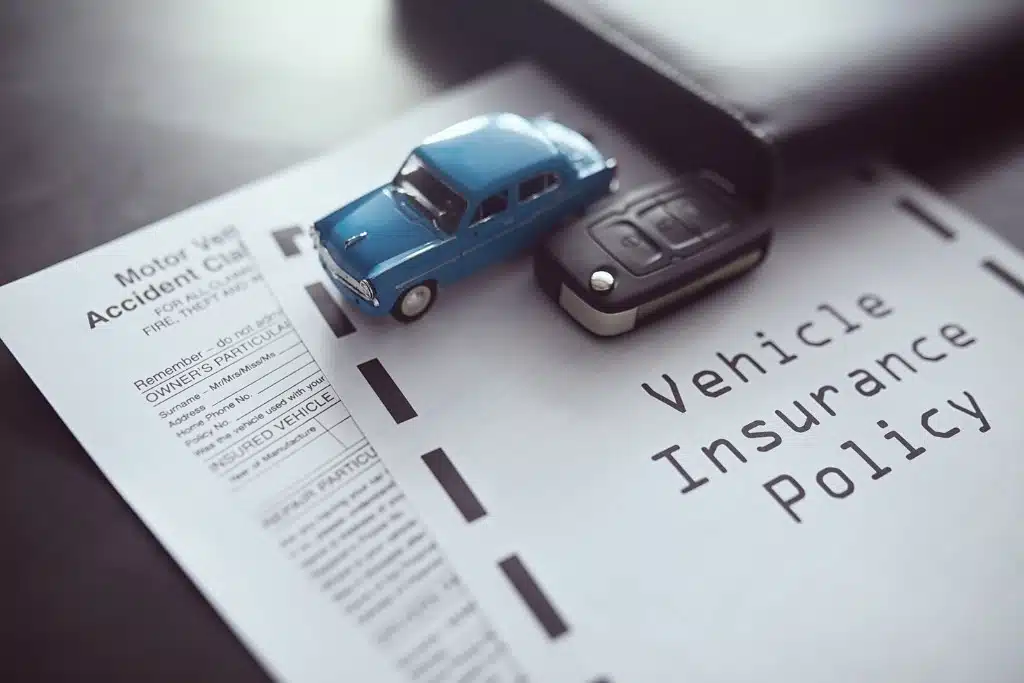How to Shop for Auto Insurance
Shopping for car insurance doesn’t have to be confusing or expensive. This guide walks you through how to compare quotes, understand your coverage, and find the best policy for your needs and budget.

- Rates can vary by hundreds of dollars between insurers for the same driver and car—shop around!
- Most states require minimum liability coverage, but full coverage protects your own vehicle too.
- Your credit score, driving history, and even your ZIP code can impact your premium.
- Bundling auto with home or renters insurance usually earns a discount.
- Many insurers offer usage-based or safe driver discounts if you drive less or avoid risky habits.
How to Shop for Auto Insurance: Step-by-Step
-
Gather Your Information
Have your driver’s license, vehicle details, driving history, and any current insurance policy info ready. -
Decide What Coverage You Need
Choose liability only or add collision, comprehensive, uninsured motorist, or extra protections as needed. -
Request Quotes from Multiple Companies
Compare at least 3 insurers—online, by phone, or with an independent agent—for the same coverage levels. -
Compare More Than Price
Look at deductibles, coverage limits, customer service, and claims reviews—not just the monthly cost. -
Ask About Discounts
Inquire about savings for bundling, safe driving, low mileage, good grades (for students), or paying in full. -
Review and Choose Your Policy
Confirm details, ask about cancellation or change fees, and choose the plan that best balances cost and coverage. -
Set Your Start Date and Cancel Old Coverage
Make sure your new policy starts before your old one ends to avoid gaps—and notify your previous insurer.
What to Expect When Shopping for Auto Insurance
- Quotes can differ a lot: The same driver and car may get very different prices from different insurers.
- Credit and driving record matter: Even one speeding ticket or a low credit score can increase your premium.
- Cheap isn’t always best: The lowest price may mean less coverage or tougher claims later.
- Discounts aren’t automatic: You often have to ask about savings for good driving, bundling, or special programs.
- Customer service counts: Read recent reviews to see how insurers handle claims and questions—not just sales pitches.
Pro Tips & Common Mistakes to Avoid
- Shop every 12–18 months: Rates change—regular shopping keeps you from overpaying out of habit.
- Don’t underinsure to save money: Skimping on coverage can leave you paying thousands after an accident.
- Check coverage limits, not just state minimums: State-required insurance is often too low to protect your finances.
- Review your deductibles: Higher deductibles lower premiums, but make sure you can afford them in an emergency.
- Never let coverage lapse: Even a short gap can mean higher rates or denied claims—always overlap new and old policies.
How David Saved on Car Insurance Without Sacrificing Coverage
David, a 31-year-old software engineer, had always renewed his auto insurance with the same company. When his renewal jumped by $30 a month, he decided to try shopping around—even though he hadn’t filed any claims.
David gathered his policy details and driving record, then got quotes from three major insurers. He noticed the lowest-priced plan had a higher deductible and less rental reimbursement, while another offered more coverage for only a few dollars more than his original rate.
He asked about discounts for safe driving and for bundling his renter’s insurance. By switching, David lowered his annual premium by $180, got a lower deductible, and added roadside assistance—all after just an hour of online shopping and a couple phone calls.
The result? David saved money, improved his coverage, and set a calendar reminder to compare rates again next year.
Frequently Asked Questions
How often should I shop for auto insurance?
What coverage do I really need?
Does my credit score affect my premium?
Do I need “full coverage” if my car is paid off?
Can I switch companies mid-policy?
Need Help Finding the Best Auto Insurance?
Not sure which car insurance policy is right for you? Our nonprofit counselors can help you compare options, understand coverage, and save money—no pressure, just honest advice.
Talk to a Counselor
About the Author
Rick Munster is a personal finance expert and author with over 23 years of experience in the credit counseling industry. He currently serves on the board of directors for the Financial Counseling Association of America and has published more than 250 articles on personal finance. Over the course of his long-standing career at Money Fit, a nonprofit credit counseling organization, Rick’s insights have been featured by several news outlets on topics such as credit counseling, debt management, and financial education.
